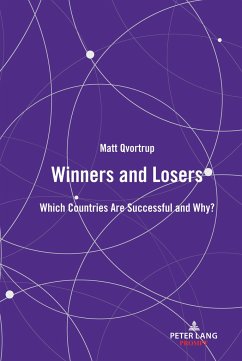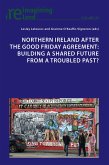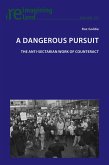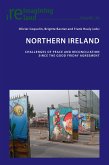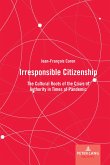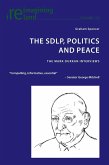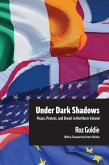The aim of this short book is to understand which countries do well on key indicators and why. After a short philosophical and historical survey of the literature to put the book into context, the Better-Place Index is developed. This is subsequently tested against a number of policy variables, such as levels of taxation, immigration, and democratic institutions, and other measures. The book provides statistical evidence that these factors are correlated with higher scores on the Better Place Index.
«Real facts are essential for good policy-making. This book provides a valuable tool for all who seek objective evidence on key indicators» (Ellen Johnson Sirleaf, Nobel Peace Prize Winner 2011, and President of Liberia 2006-2018)
«This book presents an enormously valuable tool for holding politicians to account. It will be a go-to place for anyone interested in evidence-based policymaking and politics based on empirical facts» (Arend Lijphart, University of California, San Diego, Former President of the American Political Science Association)
«In an age of «fake news», and «alternative facts», solid evidence and objective assessments of policies is more needed than ever. Professor Qvortrup's book provides an excellent point of departure for anyone who needs unbiased assessments of policy all over the world» (Ad Melkert, Executive director of the World Bank, 2002-2006)
«This book presents an enormously valuable tool for holding politicians to account. It will be a go-to place for anyone interested in evidence-based policymaking and politics based on empirical facts» (Arend Lijphart, University of California, San Diego, Former President of the American Political Science Association)
«In an age of «fake news», and «alternative facts», solid evidence and objective assessments of policies is more needed than ever. Professor Qvortrup's book provides an excellent point of departure for anyone who needs unbiased assessments of policy all over the world» (Ad Melkert, Executive director of the World Bank, 2002-2006)

